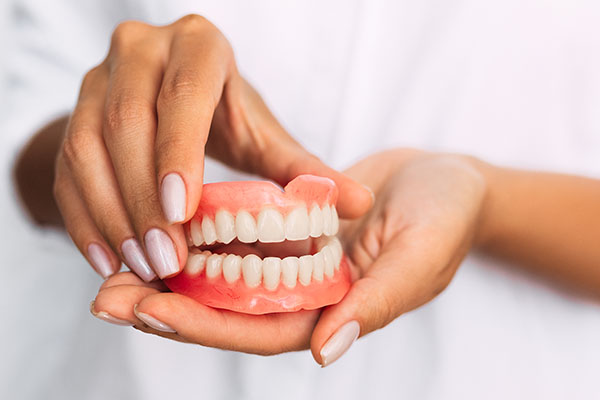 Diabetes can wreak havoc on several aspects of a person’s health, including tooth and gum health, with a strong connection between diabetes and gum disease. Bleeding gums are one of the earliest signs of gum disease and should be an immediate cause for concern for any person who lives with either type 1 or type 2 diabetes.
Diabetes can wreak havoc on several aspects of a person’s health, including tooth and gum health, with a strong connection between diabetes and gum disease. Bleeding gums are one of the earliest signs of gum disease and should be an immediate cause for concern for any person who lives with either type 1 or type 2 diabetes.
The connection between diabetes, bleeding gums, and gum disease
Extensive research has revealed that the relation between diabetes and gum disease is a two-way street. Diabetes is a disease that hinders the body’s ability to process sugar. When blood sugar levels are high, both the gum tissue and saliva contain higher levels of sugar. In turn, sugar contributes to the growth of plaque and bacteria in the mouth by feeding those harmful substances.
Plaque that grows rampant and uncontrolled can irritate the gum tissue, leading to swollen, red, and bleeding gums. If left untreated, this irritation can result in early gum disease — or gingivitis — and, eventually periodontal disease, which can quickly progress to tooth loss and other adverse outcomes.
Moreover, gum disease can actually worsen diabetes. Such infections can cause individuals’ blood sugar levels to rise, making it more difficult for them to control the diabetes. This results in a vicious cycle of gum infection and high blood sugar levels.
Preventing gum disease in diabetic patients
The good news is that controlling and/or preventing gum disease in diabetic patients is as simple as keeping diabetes under control. Diabetic patients who have their blood sugar levels under control are less likely to develop issues such as bleeding gums, infection, and gum disease. These individuals are also less likely to lose teeth.
In addition to monitoring and controlling blood sugar levels, diabetics should monitor the gums daily for signs of gum disease, including redness, tenderness, inflammation, and bleeding. By alerting dentists sooner rather than later about the possible development of gingivitis, patients can quickly halt the progression of the disease and, in the process, improve blood sugar control.
Self-care tips for people with diabetes
Individuals who live with diabetes should be extra vigilant about oral health. Diabetics can follow these tips to prevent inflammation:
- Take diabetes-related medications as directed by a healthcare professional
- Exercise and maintain a healthy, low-sugar diet
- Avoid smoking and tobacco-containing products
- Visit a dentist for regular cleanings and checkups
- Clean dentures daily, if applicable
Above all, diabetic patients should be extra vigilant about oral hygiene. It is vital to brush daily and floss to remove any buildup between the teeth. Individuals should also rinse with a dentist-recommended mouthwash twice daily.
Conclusion
Diabetes can interfere with many aspects of a person’s life and wellbeing, including oral health. Thanks to extensive research, dental professionals and other healthcare practitioners now know about the strong link between diabetes and gum disease and can work together to help patients effectively manage both. If you live with diabetes and develop swollen, tender, red, or bleeding gums, schedule a visit with a qualified dentist right away.
Request an appointment or call Maitland Square Dentistry at 407-337-1112 for an appointment in our Maitland office.
Related Posts
Along with swelling and pain, consistently bleeding gums can be a symptom of gum disease. There are two main types of gum disease, gingivitis and periodontitis, with the latter being a more advanced version. In serious cases, this condition can ultimately result in tooth loss. It is helpful to understand who may be more susceptible…
In and of themselves, bleeding gums are not a huge cause for concern. However, the cause is worth investigating, as it may indicate a serious condition, such as gum disease or gingivitis, or the root of the issue may be nothing more than a change in dental hygiene habits. Before you panic, check out these…
Although the gums may bleed occasionally from rough brushing or flossing too vigorously, frequent bleeding gums are a sign that something is wrong. Dental issues are the most common cause of this bleeding, often due to proper oral hygiene not being practiced. Depending on the cause of the bleeding, there are certain treatments and preventative…


